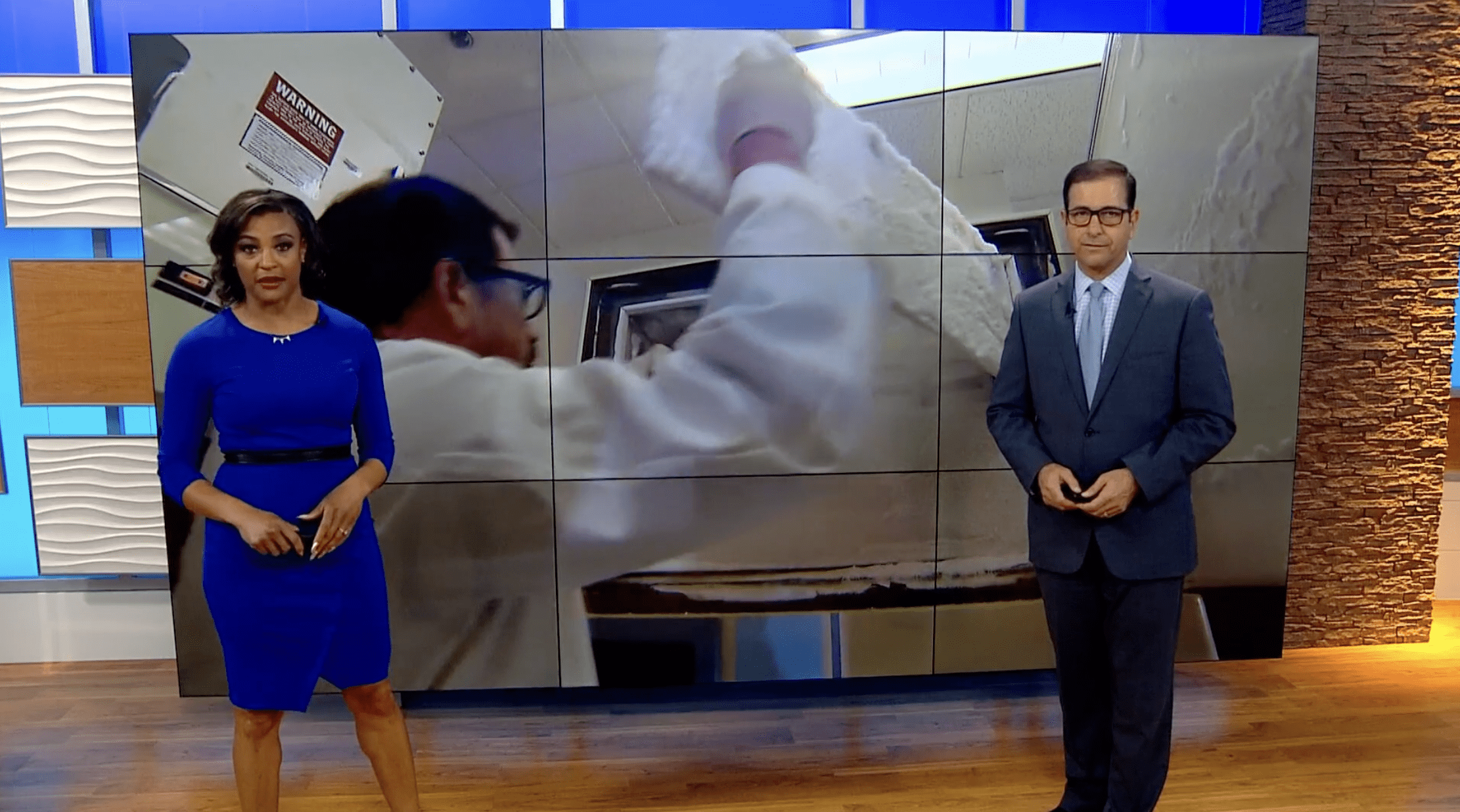A Clinical Trial Saved My Life: Tammy Barnes’ Story
A 25-Year Journey Defying the Odds in Clinical Trials
When Tammy Barnes first received a life-threatening diagnosis in 1998, she learned a clinical trial might be her best option for receiving care. She was reluctant to participate at first, thinking back to the Tuskegee syphilis study in which researchers studied Black men who had the disease and withheld treatment from at least 200 of them even after penicillin became the standard of care.
Then she thought about her children — who were 9, 4 and 3 at the time — and how much they depended on her as a single mom.
Now, 25 years later, her children are well into adulthood. Tammy has defied the odds that came with her diagnosis and continues to receive innovative medications, treatment plans and procedures.
“When something didn’t work, they were on it,” she said in a recent interview with CBS 8 in San Diego. If I needed to be hospitalized, I was immediately hospitalized and monitored around the clock. My one doctor is the chief investigator, and if I text him, I get a response.”
(You can watch the full recording of the interview below.)
Tammy is an incredibly strong woman and a great example of the benefits of participating in a clinical trial. Despite hundreds of thousands of clinical trials underway at any given time, trial participation is relatively low compared to the number of eligible participants.
Participation also does not accurately reflect the diversity of the population taking a drug or using a medical device. In 2020, the FDA’s Drug Trials Snapshot Report found 75% of participants were white; 11% were Hispanic; 8% were Black; and 6% were Asian.
The overall population, however, is 61% white, 18% Hispanic; 12% Black and 6% Asian.
The latest Omnibus bill includes new FDA regulations to increase diversity in clinical trials by requiring sponsors to submit diversity plans in the near future.
Why don’t more people participate in clinical trials?
One of the biggest reasons people don’t participate in clinical trials is because they aren’t aware of them. Fewer than one in 10 Americans have ever been asked to participate in one, according to a Health Information National Trends survey by the National Cancer Institute. Just under half who were invited reported participating.
A lack of trust in the healthcare system is another reason some people may choose not to participate.
Unfortunately, there are many examples within the history of healthcare and clinical research that have contributed to that lack of trust, including the Tuskegee study, forced sterilizations that took place for decades and often targeted women of color, and radiation experiments on prisoners during the 1940s and 50s.
What are the benefits of participating in clinical trials?
Today, the FDA has strict protections for all clinical research participants, including ensuring studies are designed according to good clinical practice requirements, requiring informed consent, and ensuring participants have a way to report problems.
Clinical trial participants always receive at least the standard of care and receive ongoing monitoring in addition to other resources to treat their illness or medical condition. That makes them a particularly good option for uninsured or underinsured patients.
At the same time, they are contributing to advancements in medicine that can help them and potentially millions of others.
Every clinical trial involves some potential risks and side effects, so patients do need to consider this in their decision. However, in many cases, especially for those with life-threatening conditions, the benefits of treatment largely outweigh those risks.
“The whole person is being studied in a clinical trial for the benefit of the next person,” Tammy said.
How can I find clinical trials near me?
At M&B Sciences, we are committed to helping sponsors recruit more diverse patient populations using a combination of spatial epidemiology, technology, and community partnerships. Our Neighborhood Trials mobile app makes it easier than ever for patients to find a trial close to home while simplifying the recruitment and onboarding process. Download the app today to start searching.
